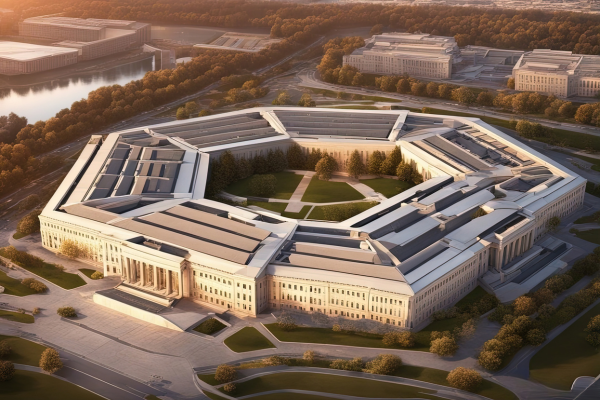The Pentagon and U.S. intelligence agencies have significantly increased their financial commitments to major tech companies and burgeoning startups, focusing on AI technologies and cloud computing services. A recent report from Brown University’s “Costs of War” project highlights the allocation of approximately $53 billion in contracts to tech giants and Silicon Valley startups from 2019 to 2022. This move is a strategic push to integrate more advanced AI-enabled military technologies, reflecting a longstanding relationship that dates back to the Cold War.
The collaboration involves both established tech firms and numerous startups, with notable contracts including a $10 billion agreement with Amazon for cloud services. This partnership not only enhances military capabilities but also solidifies the role of private sector technology in national defense strategies.
Why it matters: The Pentagon’s substantial investments in AI and cloud computing through Silicon Valley indicate a strategic direction toward modernizing defense capabilities and intelligence operations. These partnerships can be pivotal in leveraging cutting-edge technologies to maintain and enhance the U.S. military’s operational readiness and strategic advantages. The reliance on Silicon Valley’s innovation ecosystem also suggests a significant shift towards a technologically integrated defense posture, potentially reshaping military and intelligence operations in the digital age.
- Extensive Contracts with Tech Giants: The Department of Defense and U.S. intelligence communities have awarded multi-year contracts worth billions to major tech firms, focusing on software and cloud-based services to advance military and intelligence capabilities.
- Historical Context and Strategic Shifts: The relationship between the Pentagon and Silicon Valley is rooted in historical investments, such as those during the Cold War that spurred technological advancements. Today’s contracts with tech firms reflect a strategic shift towards relying more on AI and less on traditional military hardware.
- Long-term Implications: These developments may increase the dependency of the Pentagon and CIA on the private sector’s technological expertise and cooperation, altering how defense and intelligence functions are carried out.






